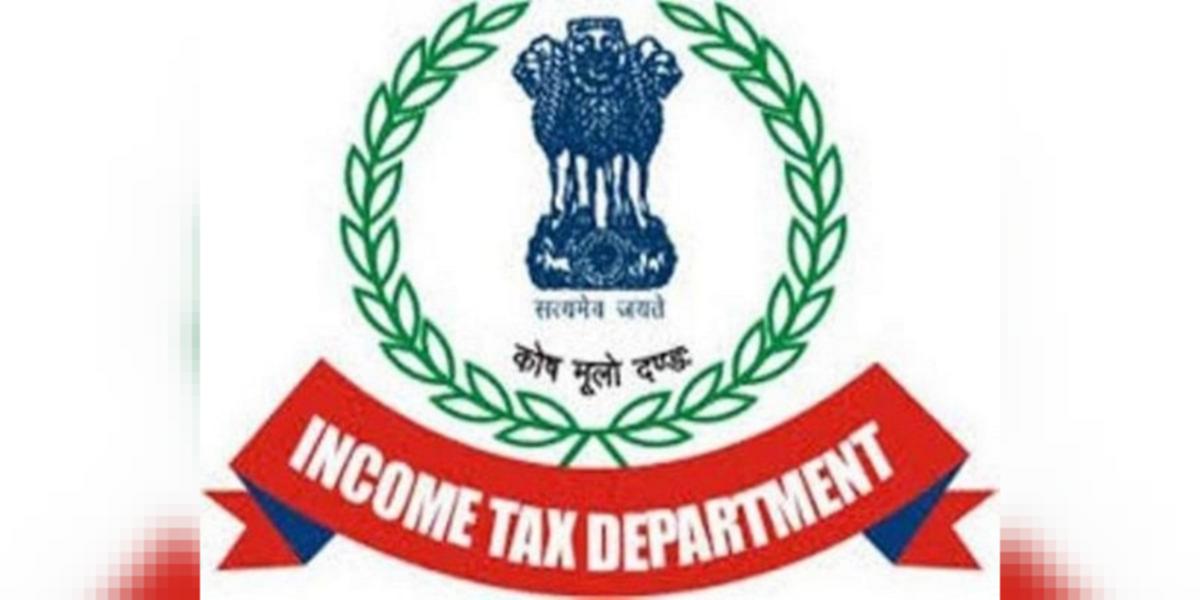Financial year 2021-22 marks some important changes in tax rules as far as taxpayers and tax filers are concerned. Some changes are substantive while some are procedural in nature. As a taxpayer, it is essential to know how these 10 tax reminders are relevant in FY22.
Financial year 2021-22 marks some important changes in tax rules as far as taxpayers and tax filers are concerned. Some changes are substantive while some are procedural in nature. As a taxpayer, it is essential to know how these 10 tax reminders are relevant in FY22.
1. Choose your preferred tax regime
Effective April 2021, you have to make a choice and communicate to your employer. You have two choices. You can either choose to continue with the existing tax regime. Alternatively, you can opt for the concessional tax rate scheme, in which most of the tax exemptions are forfeited. This parallel tax scheme is effective from April 2021.
Tax payers need not make the choice immediately. They can continue in the current tax regime and shift to the new tax regime next year if they find it more lucrative. However, once they shift to the new tax regime, reverting to the old scheme is not permitted.
2. Dividends taxable in the hands of the investors
Here is a small clarification. Even the dividends for FY21 (previous year 2020-21) corresponding to AY21-22 will be subject to this new rule. Any dividends received by a taxpayer from equities or mutual funds will be taxed in the hands of the individual at the peak incremental rate applicable. Since, dividends are now taxable as other income, there will be no dividend distribution tax (DDT) deducted by the company any longer.
If dividend paid is above Rs5,000, the payer will deduct TDS and pay the net amount. Such TDS amounts will reflect in Form 26AS in the form of tax credits which can be adjusted against final tax liability at the time of filing returns. One point to note is that in case TDS has been deducted, mention the gross amount as dividend income in the tax returns.
3. Your EPF is tax-free, but only up to a point
This announcement was made in Budget 2021-22 and is effective from Apr-21. Interest on contributory provident fund will no longer be fully tax-free. Effective April 2021, contributions up to Rs2.50 lakhs into the provident fund will only be tax-free in terms of proportionate interest. The interest on any contribution above this limit will be added to other income and taxed at peak incremental rates of tax.
Subsequently, the government modified this limit to Rs5 lakhs where there is no employer contribution. However, if your employer is also making a matching contribution up to 12% of income, then the exemption limit will be Rs2.50 lakhs.
4. ULIPs are also tax-free only under specific conditions
Like in the case of provident fund, Budget 2021-22 also put limits on tax exemption on ULIPs. Currently, maturity proceeds received from a ULIP (Unit Linked Investment Plan) is exempt if the premium paid on the ULIP is not more than 10% of sum assured. Effective April 2021, this exemption will cease to exist if the aggregate annual premium across all ULIPs by an individual exceeds Rs2.50 Lakh. This will be with prospective effect from 01 Feb and will not impact old policies.
5. Exemption to Senior Citizens from filing of tax returns
Senior citizens above the age of 75 will not be required to file tax returns if their only source of income is pension and bank interest. The bank will deduct the income tax payable and deposit with the government. This may not be entirely helpful to senior citizens because most of them have TDS deducted from their pensions if it exceeds Rs5 lakhs per annum. In such cases, filing returns becomes mandatory to claim refunds.
6. The time to file belated tax returns has been crunched
The time limit to file delayed returns has been reduced by 3 months effective FY22. Till last year it was possible to file delayed returns or revised returns till March 31 next year. Now it will only be possible till December of the same year. The Finance Bill 2021-2022 has proposed to reduce this time limit by three months.
7. From FY22, it is over to pre-filled ITR forms
As promised in the Union Budget 2021, there will be a big shift to pre-filled ITR forms that will save time and reduce chances of errors. As a result, the return assessment and refunding process will work much faster. The pre-filled ITR form will contain mapped details of your capital gains from listed securities, dividend Income, interest from banks / post offices etc. This facility will also be available to the non-salaried.
8. PAN cards not linked to Aadhar will be inoperative
The due date for linking Aadhar and PAN has been again put off till 30 September but this year could see the official shift to mandatory mapping. In case of non-linking, your PAN Card would become inoperative, apart from the penalties levied.
9. You pay higher TDS if you don’t file returns
Budget 2021-22 inserted Section 206AB in the Income Tax Act for deduction of TDS at higher rates for non-filers of IT returns. In case of non-filers, the applicable TDS rate will be 5% more or twice the original applicable rate; whichever is higher.
10. Bill submission under LTC cash-voucher scheme
Under the recently introduced LTC Cash Voucher Scheme, the individual has to submit all bills and invoices in the correct format containing the GST amount and GST number of the vendor providing the service. Employees are expected to spend 3X the amount deemed as LTA fare on goods and services attracting GST of 12% or more


